
Once occupied by a single pharma leader, the roles of CEO, president, and board chairman are increasingly being separated. What's behind the trend?

Once occupied by a single pharma leader, the roles of CEO, president, and board chairman are increasingly being separated. What's behind the trend?

Pfizer's Specialty Product Business Unit leader discusses his vision for the drug giant's specialty business; now the largest in the industry.

As head of GSK's North American pharma, Deirdre Connelly has the daunting challenge of trying to turn around the sluggish US market. If she succeeds, Connelly may find herself auditioning as the first female Big Pharma CEO.
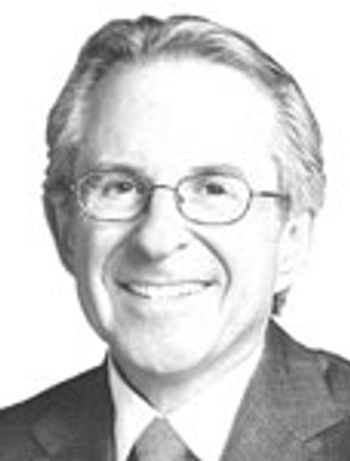
The economy is turning around; leaders need to position their companies now for the market bounce.
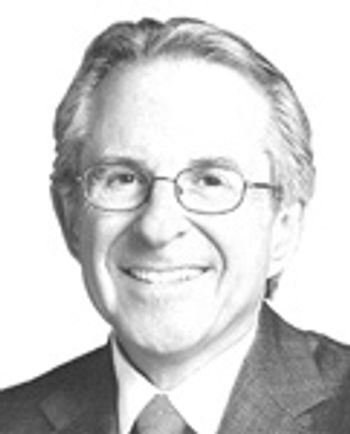
Leaders manage their time and focus their resources by limiting unwanted interruptions.
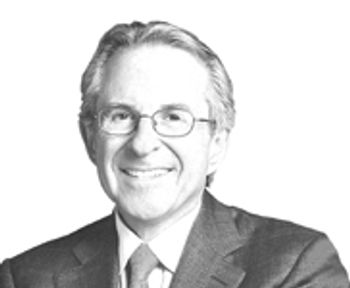
An open letter to Rep. Henry Waxman (D-CA)

Business schools must prepare students for the post-recession economy, not teach them principles applicable to 2003.

Too many people think of creativity as a mystic flash of inspiration. It's also hard work that needs to be built into every leader's professional life.
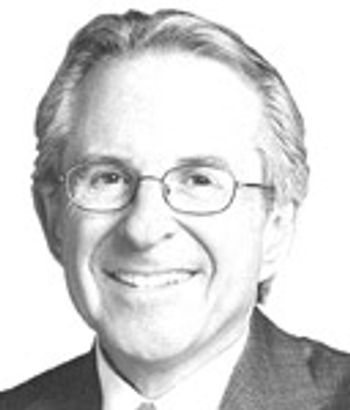
Layoffs are raging through the economy. But do they actually affect the bottom line

The President is ready to spend heavily to help out economy. Let's invest in ideas that carry us forward.

Leaders don't always manage to do the right thing, but they constantly strive to access the wellspring of integrity within them
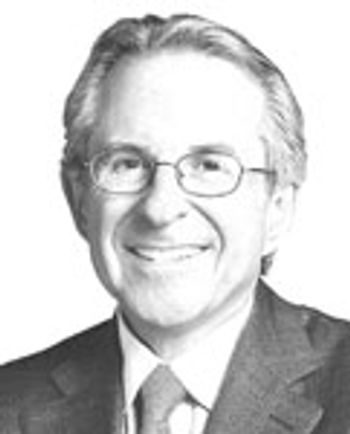
Everyone likes to work for a successful company. But how do you drive your initiatives to the top? Never underestimate courage and persistence.
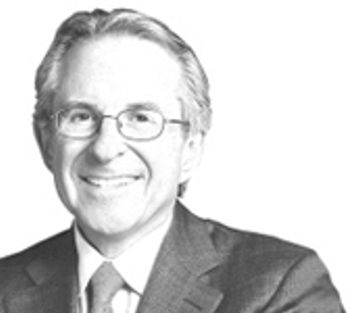
The departure of Wyeth's legendary CEO prompts a reflection on true leadership-and cooking
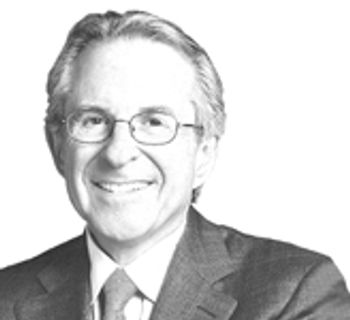
We have nothing to fear but the fear of change (with apologies to the wise Franklin D. Roosevelt). But we must get over that if we hope to make a real difference.

We've all experienced it...working with a colleague who takes all the credit for whatever success the department or division achieves. It is frustrating-and not motivating-to be around. It's even worse to have to report to a person like that. Having researched this particular aspect of nonleadership, I've found that these department heads have some traits in common. As a rule, they all have low self-esteem, are fairly insecure, and cannot tolerate pushback from their direct reports. To insulate themselves, they put yes-men and -women in direct-report roles and survive until their superiors wake up one day and realize there's a nonleader in place running a dysfunctional group.

This piece has nothing to do with the Blackstone Group or its CEO, Stephen A. Schwarzman. Well, maybe just a little.

Bill Gates and Warren Buffet: Their legacies will last long after the ink has dried on the latest "World's Richest People" list
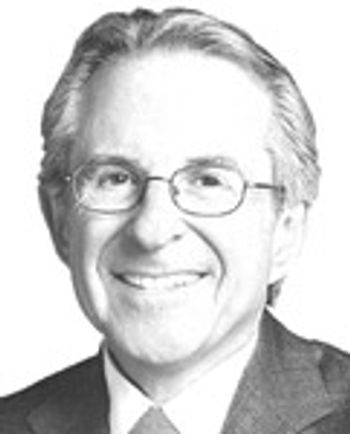
The key to becoming a stronghold: Avoid an overfocus on your own business-and never stop being paranoid and opportunistic

Perhaps the biggest mistake a first-time leader can make is waiting until the job actually begins before going to work.
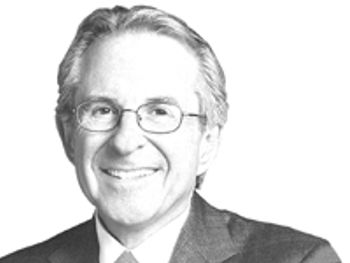
I'm convinced that providence takes a hand in many careers. But it's not a free ride or a guarantee of success. Providence can put you in the right place at the right time. What happens when you're there is up to you.
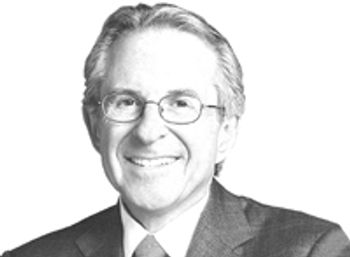
It's a funny law of nature: 20 percent of the clouds produce 80 percent of the rain. And 20 percent of the people do 80 percent of the work. OK, leader, what do you plan to do about it?

I've been shocked that physicians haven't rebelled in unison against legislators and academics, at Harvard in particular, and fought back against those who have berated the integrity and ethics of the medical community. Is there anyone who seriously thinks a doctor will write one brand over another because of a ball point pen or a pad of paper?

Leaders must focus on "brainrest." Perspective comes only when the venue changes dramatically and you have enough time to mentally remove yourself from the usual office tensions and concerns.

Advice for new leaders: Forget the irrelevant meetings, the 300 e-mails, and the 50 voicemails.

It's difficult to terminate an associate, be it a new colleague or someone you've worked with for years. But if you can't do it, you risk losing the respect of your top performers. They'll look elsewhere for a level playing field.